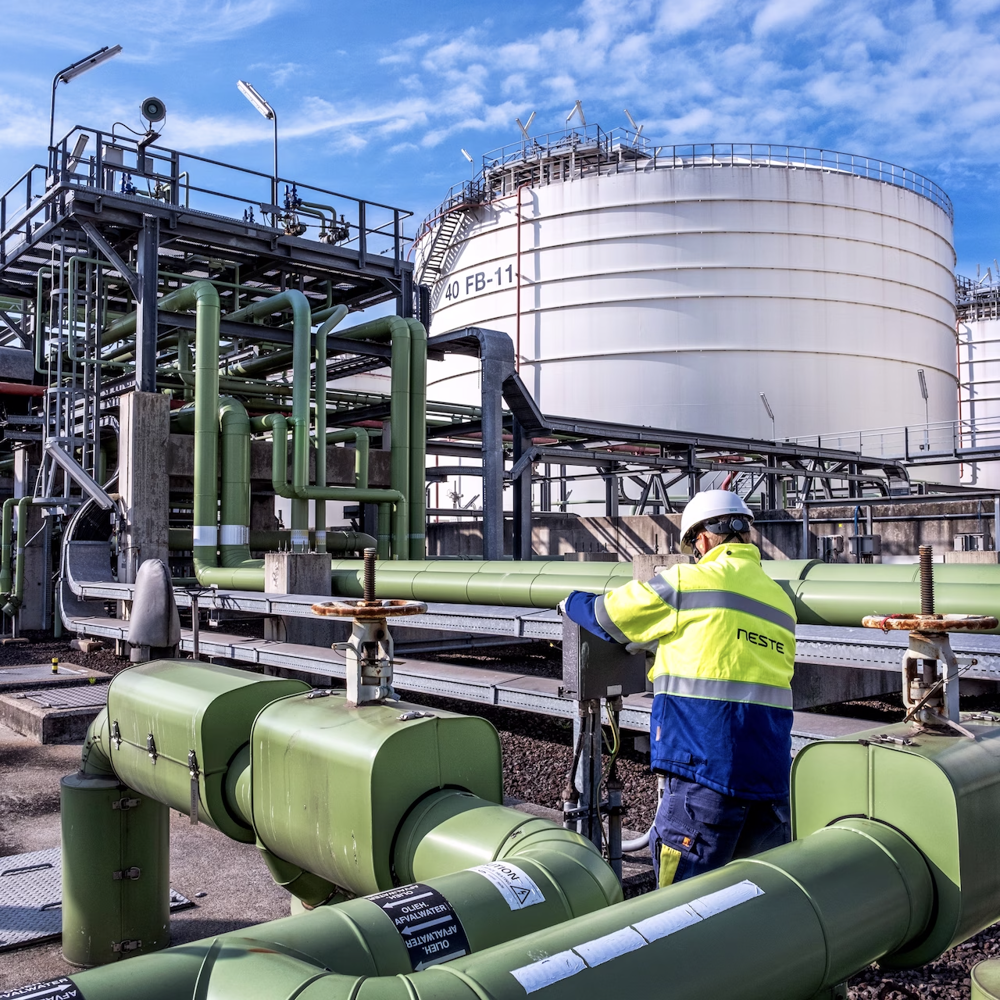European Court of Auditors very critical of Brussels policy on biofuels (de Volkskrant)
The European Court of Auditors leaves hardly a chip on the Brussels policy on biofuels. A long-term perspective is lacking, and despite investments of hundreds of millions of euros, biofuels are not competitive and not always environmentally friendly, the audit office said in a report published on Wednesday.

These conclusions are bad news for the European Commission. The use of biofuels is an important pillar of Brussels’ climate policy. Biofuels are seen as an alternative to fossil fuels. They should help reduce CO2 emissions from the transport sector.
Over the past ten years, approximately 430 million euros have been spent on research projects to promote the use of biofuels. But so far little has come of this use, partly because it takes a long time for biofuels to reach the pump from the lab. An average of one to two decades, according to audit member Nikolaos Milionis.
Because policy has repeatedly changed in recent years, investors have become shy. Milionis says that the EU is not following a clear course and is therefore in danger of missing its goals.
The report cites aviation as an example, which is difficult to electrify and will therefore rely heavily on biofuel to become greener. For this reason, a law was passed this year stating that 6 percent of aviation fuel must be sustainable by 2030.
Road map missing
“Europe has set ambitious goals, but the production capacity for sustainable kerosene is very limited,” Milionis said on Wednesday while explaining the European Court of Auditors’ report. Today’s factories can barely produce a tenth of the amount of fuel needed by then. There is no so-called roadmap to increase capacity.
The future for biofuels in road traffic is also shrouded in mystery, the researchers say. After 2035, all new cars must be electric or run on CO2-neutral fuel – a term that, according to Milionis, has no legal status. The Court of Audit warns that after 2035 there will still be millions of cars driving around that require liquid fuel. There are no plans for this.
In addition to production problems, high costs are also a challenge and the environmental benefits of biofuels are often overestimated. The European Commission expects that the use of biofuel can increase energy independence, but in reality it is growing.
Cooking oil
This is evident from the growing import of cooking oil (a basic ingredient for sustainable diesel and kerosene, among other things) from countries such as China, Indonesia, Malaysia and even the United Kingdom. In addition, biofuels compete with other sectors for raw materials. Finally, organic is more expensive than fossil. Green kerosene, for example, costs up to six times the price of regular kerosene.
In addition, CO2 emission allowances are currently cheaper than the costs of reducing emissions through the use of biofuel. This makes it ‘payable’ to continue using fossil fuels. Biofuels are therefore not economically viable for the time being, according to the Court of Audit.
Expansion of forests
“The report confirms what we have been saying for five years about biofuels in general and biomass in particular,” says chairwoman Fenna Swart of the Clean Air Committee, which opposes the use of biomass. “The investment in biofuels sounds sustainable, but in reality it is a counterproductive climate measure.” According to Swart, expanding natural forests is the only option to remove more CO2 from the air and achieve the reduction targets.
Wednesday’s report is the umpteenth in a recent series in which the European Court of Auditors casts strict judgments on European policy. Last spring, the calculators concluded that the European ambitions to reach the world top in the field of battery production are virtually unattainable. A short time later, they warned that the EU is unlikely to meet its 2030 climate and energy targets.
